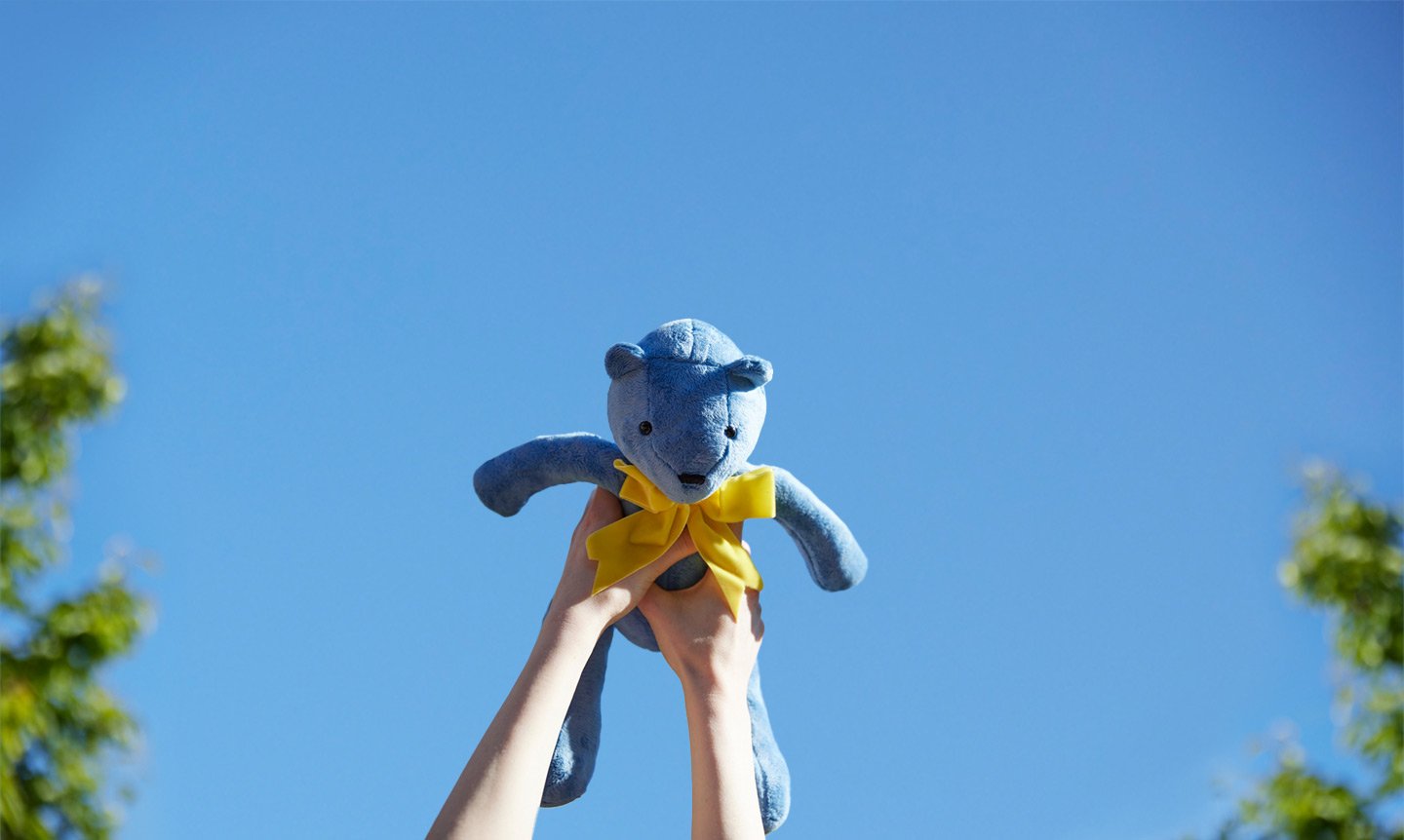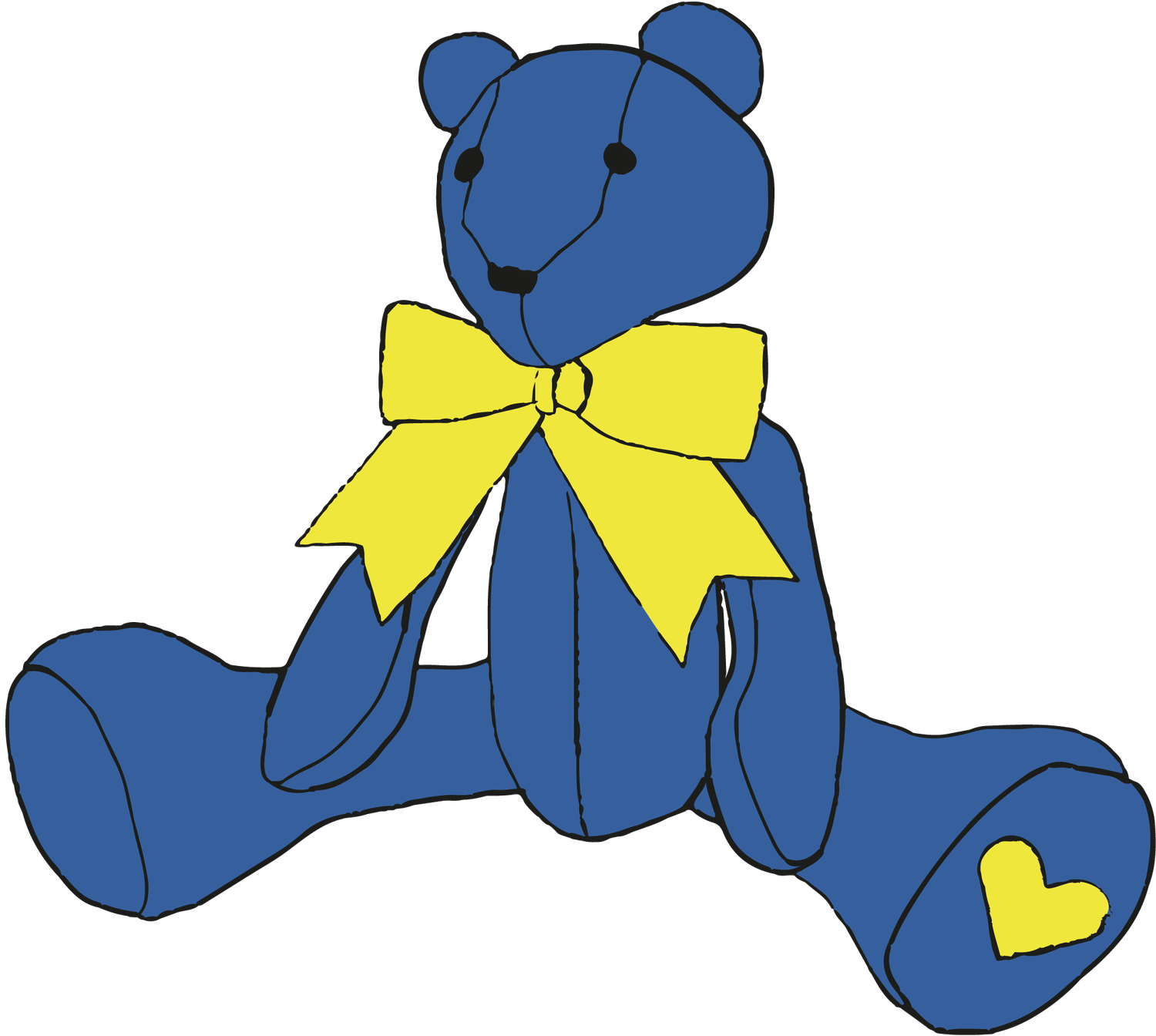
Bear Us In Mind
A Psychological
Toolkit For Children
Welcome to Bear Us In Mind, an online resource to help children who have experienced bereavement, separation or trauma.
Bear Us In Mind was originally developed as a physical toolkit in response to the outbreak of the war in Ukraine to help families affected by war and displacement. Since then, the toolkit has expanded its scope, and is now a free, online-only resource for use with children dealing with loss of any kind. It includes training videos, downloadable worksheets, and activities available in English, Arabic, Dari, Pashto, Russian and Ukrainian.
When a child experiences bereavement or trauma, an important element can be being supported in a safe, familiar setting, with activities that help a child express and manage their feelings and rebuild trust and resilience to help avoid negative outcomes later in life.
Whether you’re a school teacher or other professional, or a parent / carer / part of a host family, you can work through the resource with a child at the child’s pace, guided by their age and understanding. There is no need to be qualified in grief support to use the tools, but it is helpful to follow the guidelines and support the child as they work alongside you.
Bear Us In Mind is now hosted by Child Bereavement UK. For confidential bereavement support or guidance, you can call our Helpline on 0800 02 888 40, email helpline@childbereavementuk.org, or use Live Chat via the website: childbereavementuk.org where you can also find bereavement support resources in other languages.
The Bear Us In Mind resources have also been adapted by the Naval Children’s Charity, which aims to support children and young people from military families to process feelings of separation.
Psychological Toolkit
Whether you’re a child’s parent, host family or teacher, these tools are for you.
We originally created this toolkit for children arriving from Ukraine, however you can now make your own to support any child experiencing separation, loss or bereavement. You’ll find a range of tools to help children to manage their trauma and rebuild strength and trust.
Any questions?
If you would like to ask any questions about Bear Us in Mind and how the toolkits can be used to support children and young people, please get in touch with Child Bereavement UK.
If your query refers to The Naval Children’s Charity specifically, please email caseworkers@navalchildrenscharity.org.uk.



